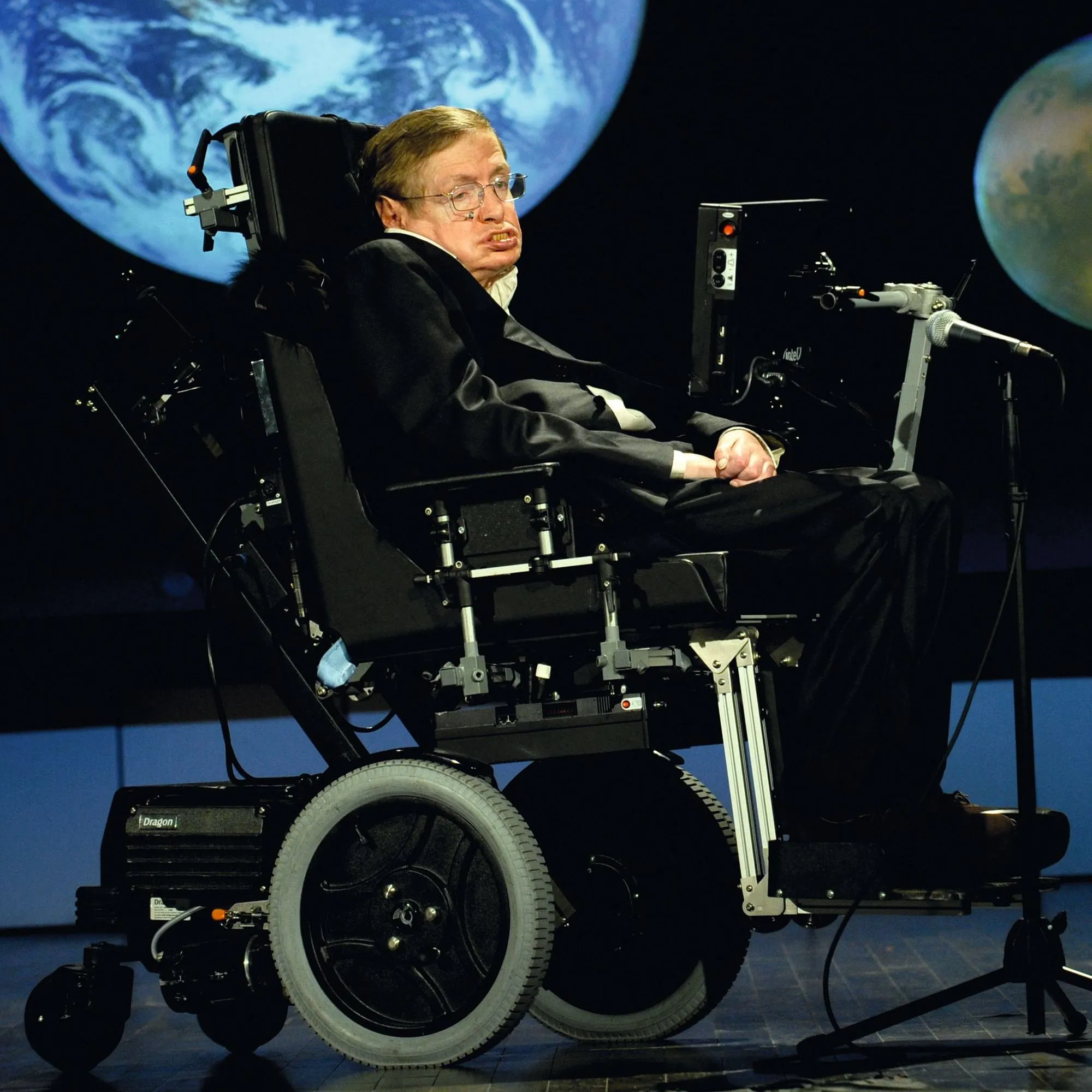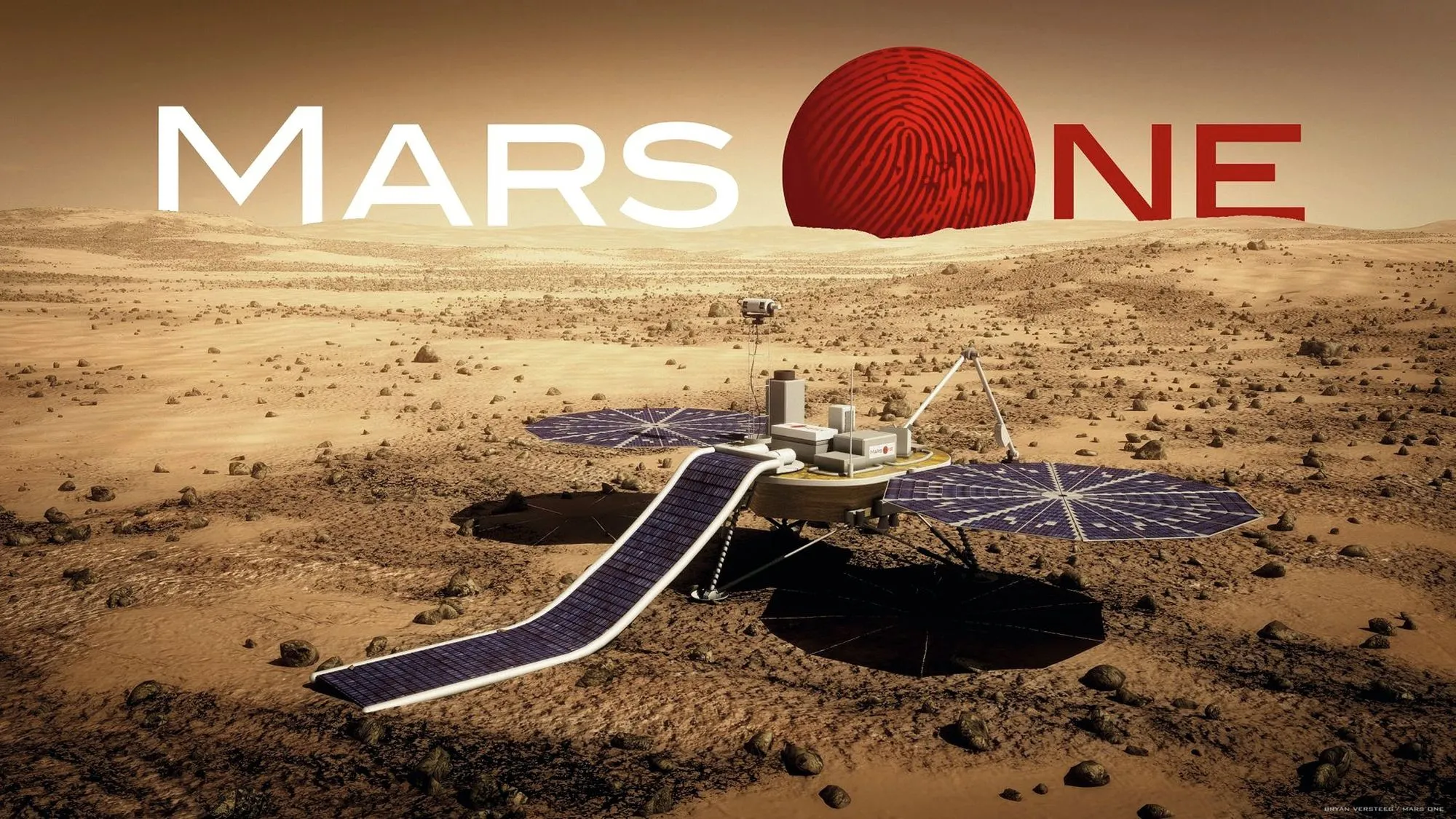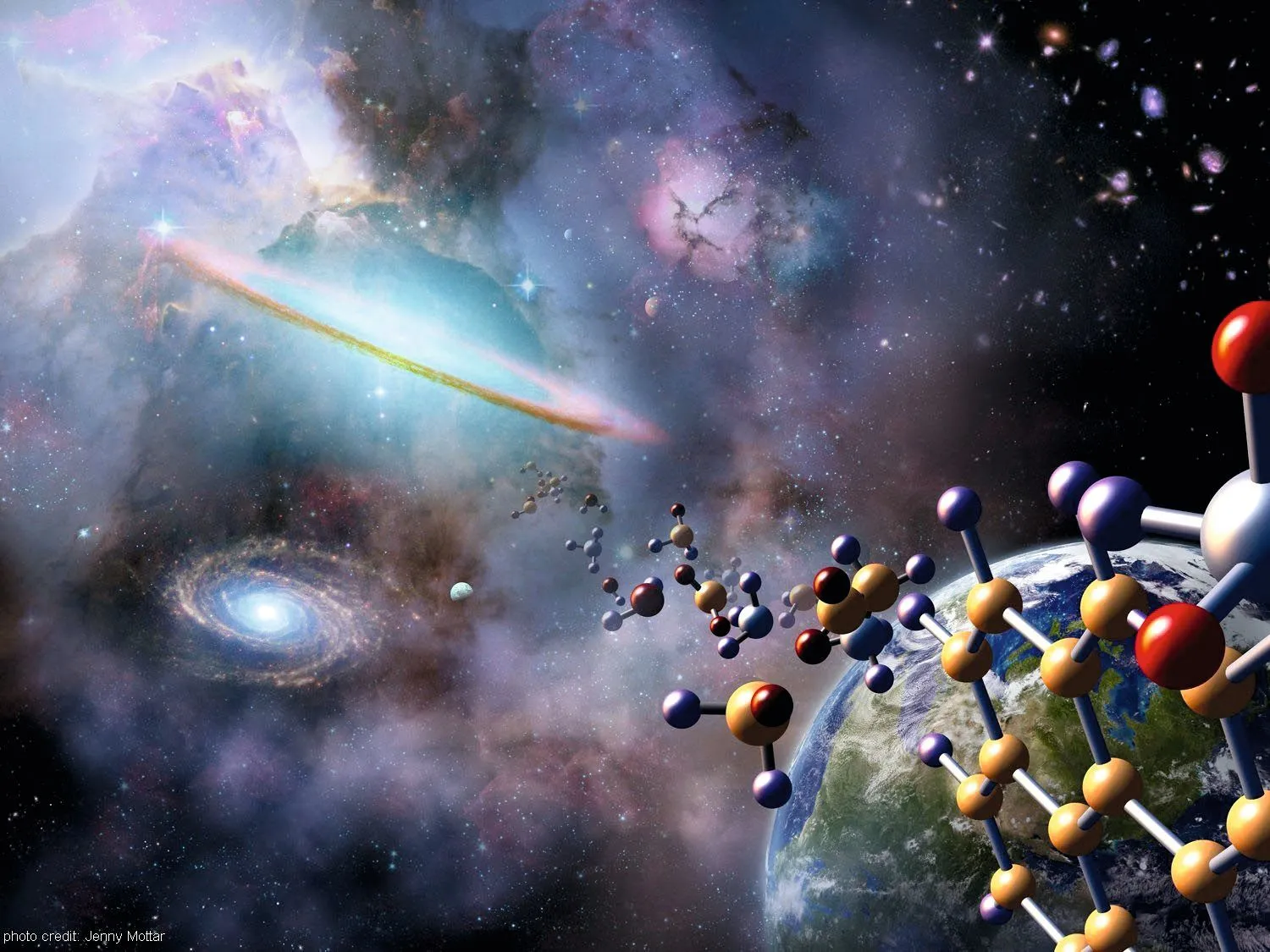Ressource affichée de l'autre côté.
Faites défiler pour voir la suite.
Faites défiler pour voir la suite.
Group 1
Each group is in charge of a document. Study it and
Ressource affichée de l'autre côté.
Faites défiler pour voir la suite.
Faites défiler pour voir la suite.
Text document
Sending humans to the moon changed the future of the human race in ways that we don't yet understand. It hasn't solved any of our immediate problems on planet Earth, but it has given us new perspectives on them and caused us to look both outward and inward. I believe that the long term future of the human race must be space and that it represents an important life insurance for our future survival, as it could prevent the disappearance of humanity by colonising other planets.
Stephen Hawking


Ressource affichée de l'autre côté.
Faites défiler pour voir la suite.
Faites défiler pour voir la suite.
Group 2
Each group is in charge of a document. Study it and
Ressource affichée de l'autre côté.
Faites défiler pour voir la suite.
Faites défiler pour voir la suite.
We Go As The Artemis Generation, NASA, 2019.
Ressource affichée de l'autre côté.
Faites défiler pour voir la suite.
Faites défiler pour voir la suite.
Group 3
Each group is in charge of a document. Study it and
Ressource affichée de l'autre côté.
Faites défiler pour voir la suite.
Faites défiler pour voir la suite.
Mars One's human mission to Mars - 2012 introduction film, Mars One, 2012.
Ressource affichée de l'autre côté.
Faites défiler pour voir la suite.
Faites défiler pour voir la suite.
Picture


Ressource affichée de l'autre côté.
Faites défiler pour voir la suite.
Faites défiler pour voir la suite.
Group 4
Each group is in charge of a document. Study it and
Ressource affichée de l'autre côté.
Faites défiler pour voir la suite.
Faites défiler pour voir la suite.
Text document
There's a plan to send microbial life to habitable alien worlds. [...]
[R]obotic missions equipped with gene factories (or cryogenic pods) could be used to distribute microbial life to “transiently habitable exoplanets”. [...]
Exoplanets come in all sizes, temperatures and compositions. The purpose of the Genesis Project is to offer terrestrial life alternative evolutionary pathways on those exoplanets that are potentially habitable but yet lifeless. The basic philosophy of most scientists nowadays is that simple life is common in the universe and complex life is rare. We don't know that for sure, but at the moment, that is the consensus.
If you had good conditions, simple life can develop very fast, but complex life will have a hard time. At least on Earth, it took a very long time for complex life to arrive. The Cambrian Explosion only happened about 500 million years ago, roughly 4 billion years after Earth was formed. If we give planets the opportunity to fast forward evolution, we can give them the chance to have their own Cambrian Explosions.
[R]obotic missions equipped with gene factories (or cryogenic pods) could be used to distribute microbial life to “transiently habitable exoplanets”. [...]
Exoplanets come in all sizes, temperatures and compositions. The purpose of the Genesis Project is to offer terrestrial life alternative evolutionary pathways on those exoplanets that are potentially habitable but yet lifeless. The basic philosophy of most scientists nowadays is that simple life is common in the universe and complex life is rare. We don't know that for sure, but at the moment, that is the consensus.
If you had good conditions, simple life can develop very fast, but complex life will have a hard time. At least on Earth, it took a very long time for complex life to arrive. The Cambrian Explosion only happened about 500 million years ago, roughly 4 billion years after Earth was formed. If we give planets the opportunity to fast forward evolution, we can give them the chance to have their own Cambrian Explosions.
The Genesis Project Plans To Use Robots To Seed The Galaxy With Life


Ressource affichée de l'autre côté.
Faites défiler pour voir la suite.
Faites défiler pour voir la suite.
Questions
You are in charge of one group of documents.
b. Go online to learn more about the project.
Share your findings and learn about the other documents.
b. Discuss as a group to decide which project seems the most viable.
1
Look at the picture. What do you expect to learn about?2
a. What does your document offer as a plan for
the future? What do you think of this vision?b. Go online to learn more about the project.
Useful vocabulary
The idea is to...
The project was created in…
The core mission is…
It focuses on…
The ultimate goal would be to…
The project was created in…
The core mission is…
It focuses on…
The ultimate goal would be to…
Let's talk this out!
Group work
Mediation
Share your findings and learn about the other documents.
3
a. Why should we colonize other planets?b. Discuss as a group to decide which project seems the most viable.
4
Would you be prepared to spend the rest of your life on another planet? Under what circumstances?Useful vocabulary
I think / don't think we should…
I would love to…
No way would I…
I reckon the most viable project is…
I would love to…
No way would I…
I reckon the most viable project is…
Ressource affichée de l'autre côté.
Faites défiler pour voir la suite.
Faites défiler pour voir la suite.
- ambitious (adj.)
- long-term / short-term (adj.)
- sound breaking (adj.)
- sustainable (adj.)
- solve a problem (exp.)
- necessity (n.)
- pioneer (n.)
- survival (n.)
- anticipate (v.)
- explore / conquer (v.)
Toolbox
Ressource affichée de l'autre côté.
Faites défiler pour voir la suite.
Faites défiler pour voir la suite.
V-ing
Observez le mot en gras dans le . La forme V-ing (appelée aussi gérondif) transforme le verbe en nom. On passe d'une idée très générale à une action concrète : « le fait de… ». Dès lors, on peut se servir de V-ing comme sujet ou complément.Ressource affichée de l'autre côté.
Faites défiler pour voir la suite.
Faites défiler pour voir la suite.
Slap the board
Which words belong to which documents?| | |||
| Group 1 | Group 2 | Group 3 | Group 4 |
|
|
|
|
|
Ressource affichée de l'autre côté.
Faites défiler pour voir la suite.
Faites défiler pour voir la suite.
Over to you!
Ressource affichée de l'autre côté.
Faites défiler pour voir la suite.
Faites défiler pour voir la suite.
Une erreur sur la page ? Une idée à proposer ?
Nos manuels sont collaboratifs, n'hésitez pas à nous en faire part.
j'ai une idée !
Oups, une coquille
